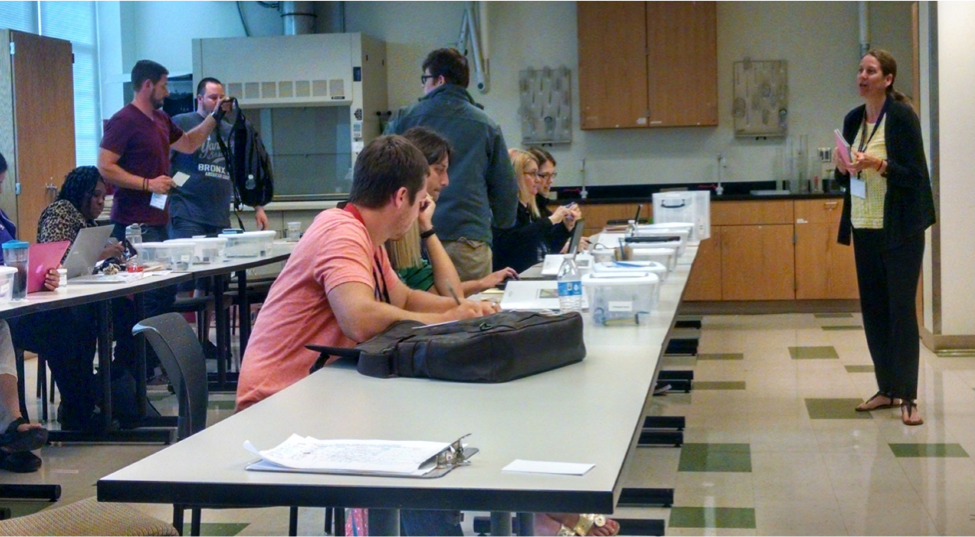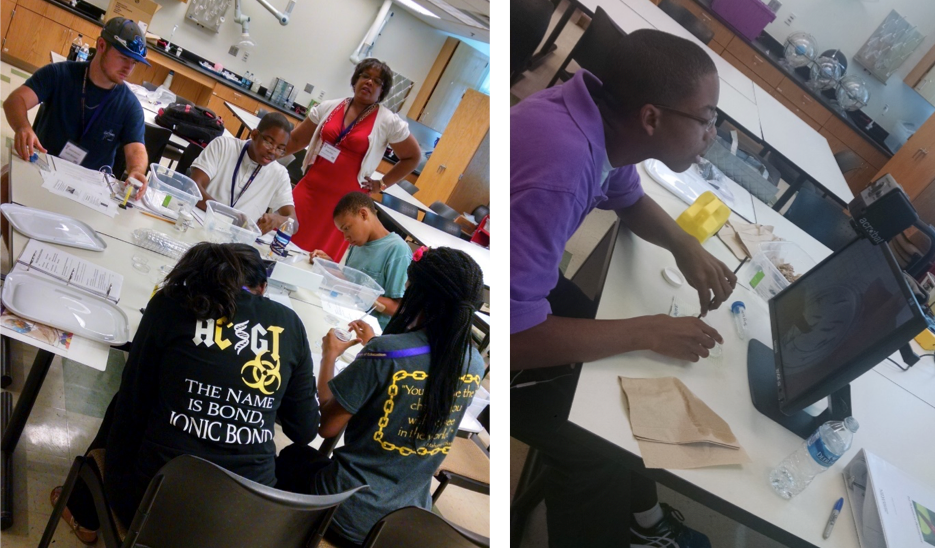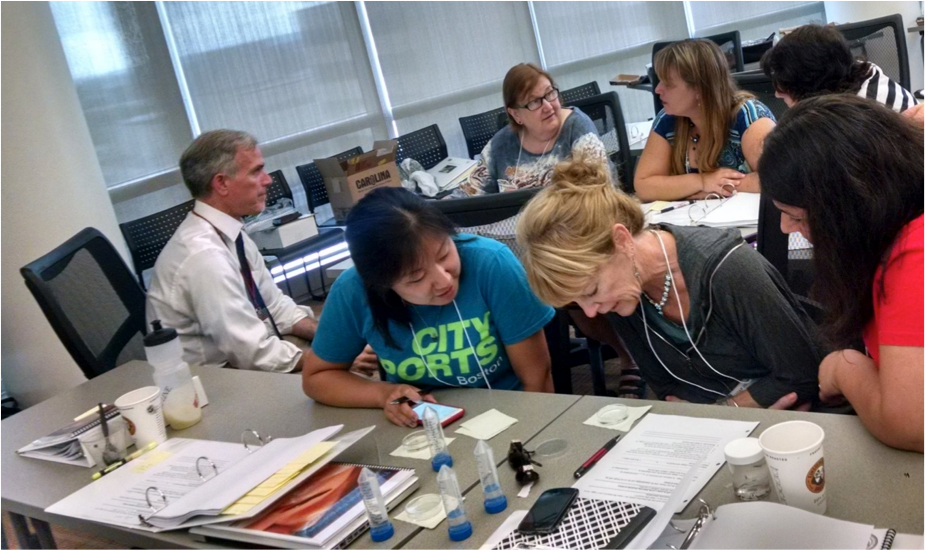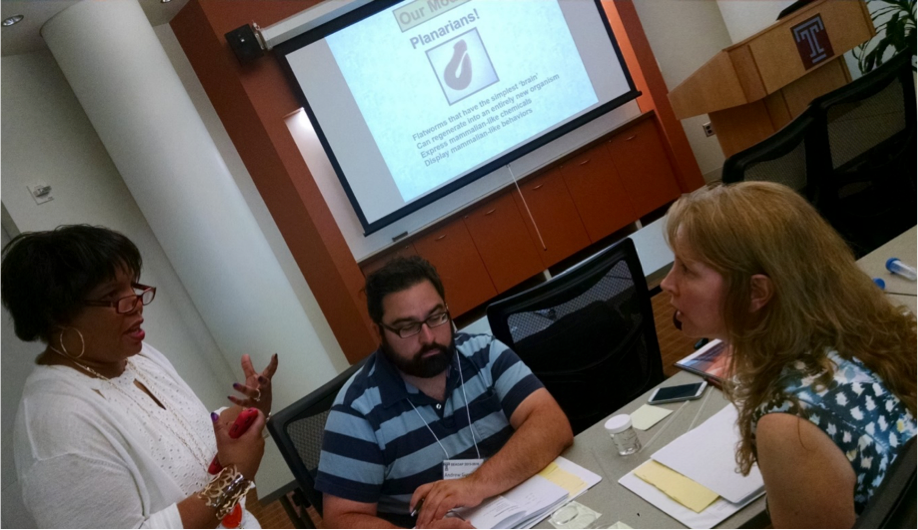The Science Education Against Drug Abuse Partnership (SEADAP) program aims to expose students from 6th through 12th grade to the real-world applications of the scientific method in order to teach them about drug addiction. The SEADAP program, now in its second year, continues to implement hands-on curriculum educating students about the science of drug addiction and the adverse effects of widely abused substances while exposing students in in research activities to increase their interest in STEM careers.
Students are led in the design of their own experiments on planaria, a type of flatworm, with nicotine, alcohol, and sucrose solutions to conduct investigations from lab manuals that specifically address the National Science Education Standard & Common Core, while building partnerships with medical scientists, addiction specialists and professional educators, to educate the general public about drug abuse.

ECU recently hosted its second group of educators from Pitt, Martin and Greene county public schools, continuing to expand the Science Education Against Drug Abuse Partnership Program into North Carolina’s STEM curriculum.

High school students from Pitt and Greene county conduct research investigations at ECU, studying the effect of nicotine, caffeine, alcohol, and sucrose on planaria under the direction of Dr. Miles in the Department of Mathematics, Science, and Instructional Technology Education.

Seventh-grade students in Martin county study the effects of drug addiction on flatworms through the SEADAP grant. (photo credit: Cliff Hollis, ECU News Services)

Teachers in Philadelphia attend a professional development conference at Temple University’s Center for Substance Abuse Research led by SEADAP principal investigator, Dr. Scott Rawls and co-principal investigator, Dr. Rhea Miles.
For more information on the SEADAP Program contact:
Dr. Rhea Miles
252-328-9366
milesr@ecu.edu
